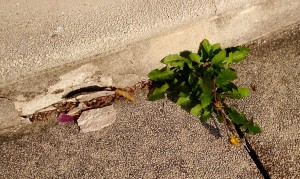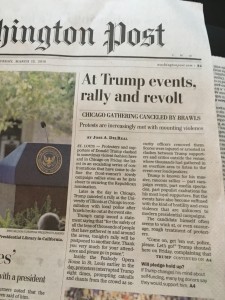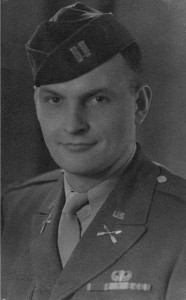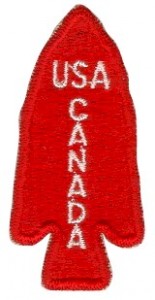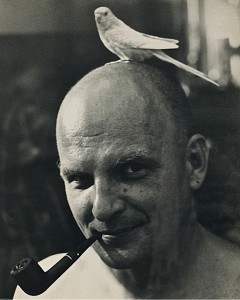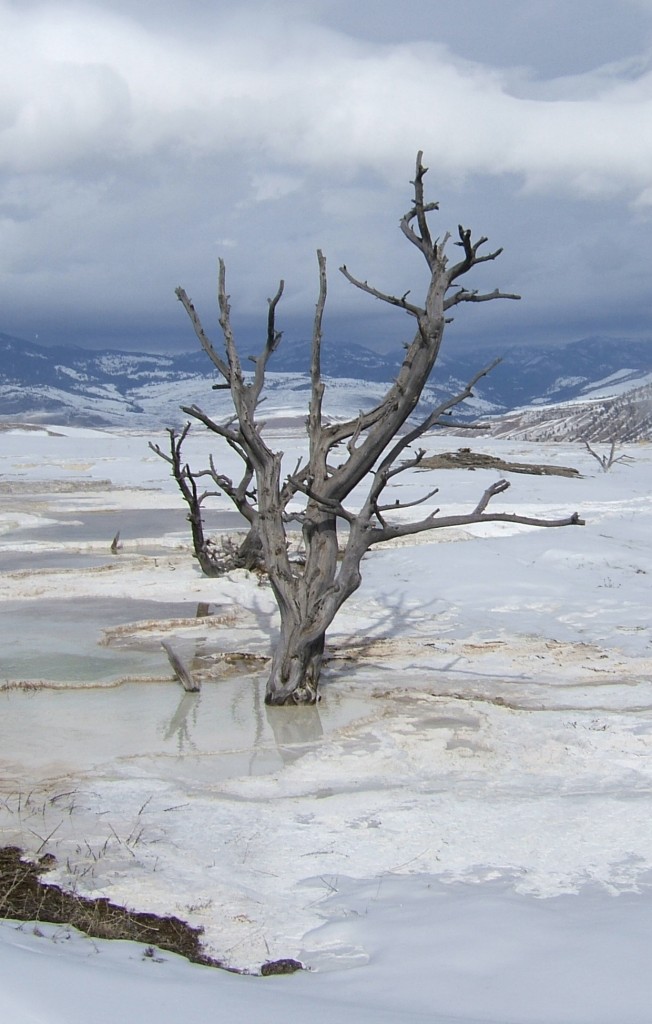As a mother and grandmother, I’m completely bereft as the result of the continuing murders of our nation’s children. I’ve seen a lot of battles throughout my life, but I have never experienced what these kids and their families are going through at this moment in time. As our young ones go out the door to school every morning we wonder if they are safe from the brutality that has begun to smother our nation. This is not a political crisis. It is a moral crisis.
My own kids and grandkids are the most important people in my life. They are the future. I want to protect them. But so far my vote hasn’t helped the situation. Every school shooting only brings more stubborness on the part of our government and the folks at the NRA who line the pockets of those who are supposedly in power. During the Viet Nam Era, it was the youth that kept our eyes open. They did sit-ins. They marched. They got shot at and some were killed. They kept telling us that things were not right with our world and that we were losing ourselves and our nation to a war that we could not win. I don’t want to see a generation of young people massacred for the sake of an immoral nation that supposes itself Holy and Christian.
After last weeks tragic school shootings in Florida, it is the children who are picking up the pieces and are attempting to open the eyes of all of those who refuse to see the horrible mess we adults have allowed to happen. The children of this country are under seige by those whose only interest is is to keep their pockets lined so that they can continue to live the pointless life-styles they so treasure. In this country we are at war with ourselves and the victims of this battle are the children. Despite their fear, these future leaders of America are stepping up and taking over for the blind adults who refuse to bring change to our world.
This past week I have heard well meaning adults say that what these children are doing is useless. They will be dissapointed. They will fail to change anything. But we have handed them the responsibility for their lives by not protecting them from trigger happy, insane individuals who can easily buy assault weapons that are meant only for killing people. They cannot wait for those in power to wake up. They don’t have time to sit back and pray that this unconscionable war against themselves will stop on its own.
If the current leaders of our country cannot protect our children, give these young ones a chance. They will prevail. They have been left to protect themselves. I am behind them and support their efforts to bring change to this shameless, hypocritical world.
Watch!
They Can Do It!

